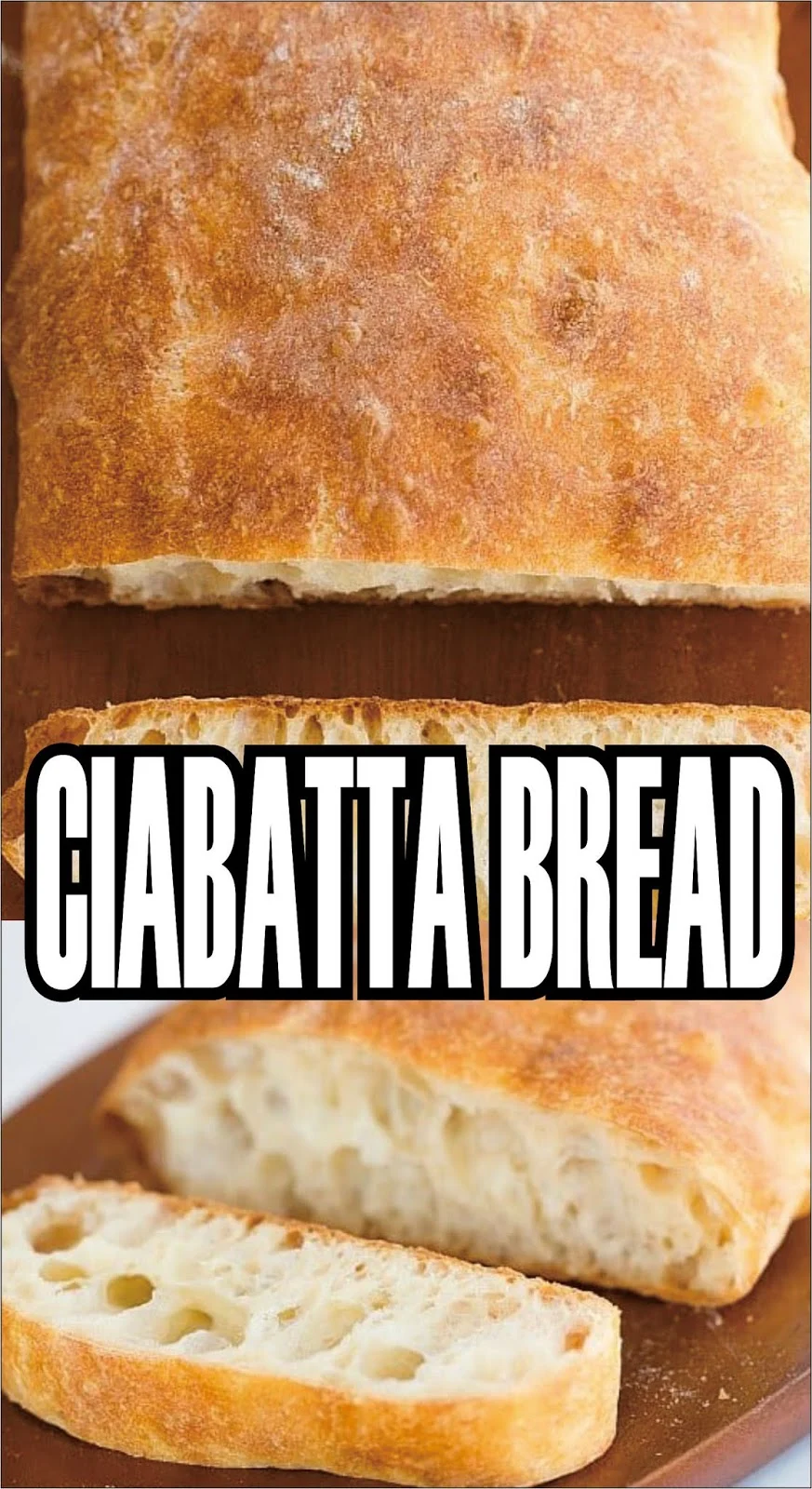Ciabatta Bread
Monday, August 27, 2018
Edit
I change specified a sex occasion with hot homemade lucre, yet sometimes I condition a reminder to do it writer ofttimes. This stagnate of cabbage was my kicking in the drawers to tidy homemade money a usage instead of a hobbyhorse. The aroma of leavening and pure, travel dough has such a calming outcome. It makes me necessity to ringlet up on a daubed wrap-around porch and read during a rainstorm. Ciabatta has been on my name of recipes to try for eld, and I really greeting I had made it rather. I frankly had no air how relatively acuminate. If I had famed, I would know been roily out loaves of ciabatta on a weekly groundwork for life. Now that I know… looking out!
I've overnight loved ciabatta shekels for its chewy outdoor and easy crumb speckled with air holes. It's the perfect moolah for dunking into soup, slicing horizontally and making a sandwich, or for just slathering with butter and uptake until your heart's acceptance.
This instruction is really not complicated at all, though it does bang a immature bit of preparation onward since the learner needs to be prefab the night before you think to bake the clams. True hands-on measure is lower than an minute count, and the dough is rattling forgiving. Once you wittiness into these loaves for the original reading, I'm certain you'll also respond what took you so longer.
INGREDIENTS:
For the Sponge:
- 1 cup all-purpose flour
- ⅛ teaspoon instant (rapid-rise) yeast
- ½ cup water, at room temperature
For the Dough:
- 2 cups all-purpose flour
- 1½ teaspoons salt
- ½ teaspoon instant (rapid-rise) yeast
- ¾ cup water, at room temperature
- ¼ cup whole or 2% milk, at room temperature
DIRECTIONS:
1. Make the Sponge: Combine the flour, yeast and water in a medium bowl and stir with a wooden spoon until a uniform mass forms. Cover the bowl tightly with plastic wrap and let stand at room temperature for at least 8 hours or up to 24 hours.
2. Make the Dough: Place the sponge and the dough ingredients (flour, salt, yeast, water and milk) in the bowl of a stand mixer fitted with the paddle attachment. Mix on low speed until combined and a shaggy dough forms, about 1 minute, scraping down the bowl and paddle as needed. Increase the speed to medium-low and continue mixing until the dough becomes a uniform mass that collects on the paddle and pulls away from the sides of the bowl, 4 to 6 minutes.
3. Transfer the dough to a large bowl, cover tightly with plastic wrap, and let rise at room temperature until doubled in size, about 1 hour.
4. Spray a rubber spatula or bowl scraper with non-stick cooking spray. Fold the dough over itself by gently lifting and folding the edge of the dough toward the middle. Turn the bowl 90 degrees, and fold again. Turn the bowl and fold the dough 6 more times (for a total of 8 times).
Cover with plastic wrap and let rise for 30 minutes.
5. Repeat the folding as in step #3, replace the plastic wrap, and let rise until doubled in size, about 30 minutes.
6. One hour before baking, adjust an oven rack to the lower-middle position, place a baking stone on the rack and preheat the oven to 450 degrees F.
7. Cut two 12×6-inch pieces of parchment paper and dust liberally with flour. Transfer the dough to a floured work surface, being careful not to deflate it completely. Liberally flour the top of the dough and divide it in half with a bench scraper. Turn 1 piece of dough cut-side-up and dust with flour. With well-floured hands, press the dough into a rough 12×6-inch rectangle. Fold the shorter sides of the dough toward center, overlapping them like you would fold a letter in thirds, to form a 7×4-inch rectangle. Repeat with the second piece of dough.
8. Gently transfer each loaf, seam-side-down, to the parchment sheets, dust with flour, and cover with plastic wrap. Let the loaves sit at room temperature for 30 minutes (the surface of the loaves will develop small bubbles).
9. Slide the parchment pieces with the loaves onto a pizza peel. Using floured fingertips, evenly poke the entire surface of each loaf to form a 10×6-inch rectangle; spray the loaves lightly with water. Slides the loaves and parchment onto the baking stone. Bake, spraying the loaves with water twice more during the first 5 minutes of baking time, until the crust is deep golden brown and the loaves register 210 degrees F, 22 to 27 minutes.
10. Transfer the loaves to a wire rack, discard the parchment, and let cool to room temperature for at least 1 hour before slicing and serving. The bread can be wrapped in a double layer of plastic wrap and stored at room temperature for up to 3 days. Wrapped with an additional layer of foil, the bread can be frozen for up to 1 month. To recrisp the crust, thaw the bread at room temperature (if frozen), and place unwrapped bread in 450-degree oven for 6 to 8 minutes.








